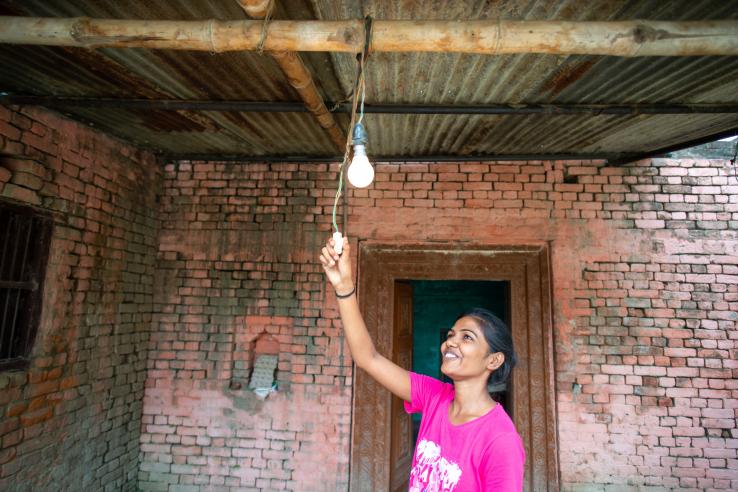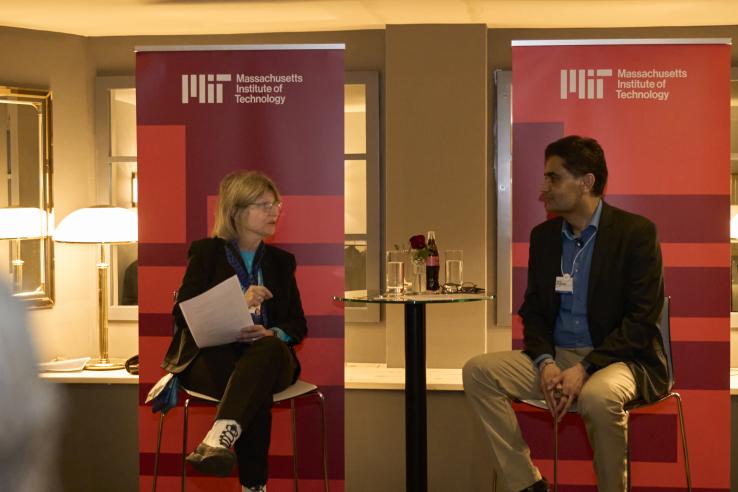Displaying 3106 - 3120 of 8337
Policy insight
Access to electricity is a critical ingredient in improving human well-being and raising living standards, but the existing evidence suggests that it is just one component of poverty reduction rather than a complete solution on its own.
Resource
Layout Page
Resource
Layout Page
Resource
Layout Page
Resource
Layout Page
Resource
Layout Page
Resource
Layout Page
Resource
Layout Page
Resource
Layout Page
Resource
Layout Page
Resource
Layout Page
Resource
Layout Page
Resource
Layout Page
Update
J-PAL Updates
The lab will partner with local policymakers and researchers to generate evidence-based solutions to improve climate policies and programs in Egypt.
Update
J-PAL Updates
In the February 2025 newsletter, we highlight key discussions from Davos on the future of AI, celebrate a major milestone for J-PAL, and showcase efforts to empower women through mobile money for greater financial inclusion.



